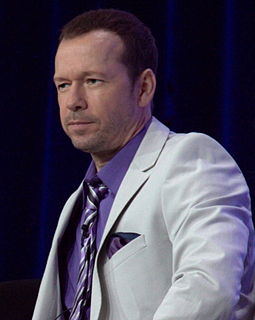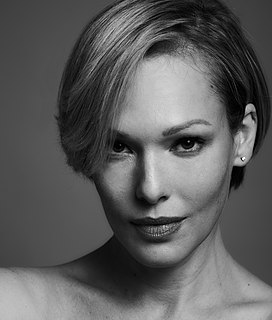A Quote by Padmapriya Janakiraman
There is a certain fictional element that goes in playing a common person.
Related Quotes
If you're playing a fictional character, you can create a character, you can sort of take certain liberties. And when you're playing a real person who's actually standing there watching you, you know, it's - you do feel a weight. You know, you feel an obligation to not only be - to give the best performance that you can, but to make sure that you represent this person.
When you're training as an actor, a lot of the big work you're learning is to treat fictional characters like real people. You don't have the problem of discovering a backstory with real people, but there's always a mystery which is common to both fictional and factual characters. They are never quite the person you think they are.
Over the years, humans have managed to incorporate nearly every element, light and weighty, common and obscure, into our daily lives. And given how small atoms are and how many of them there are all around us, it's almost certain that your body has at least brushed against an atom of every single natural element on the periodic table.



































